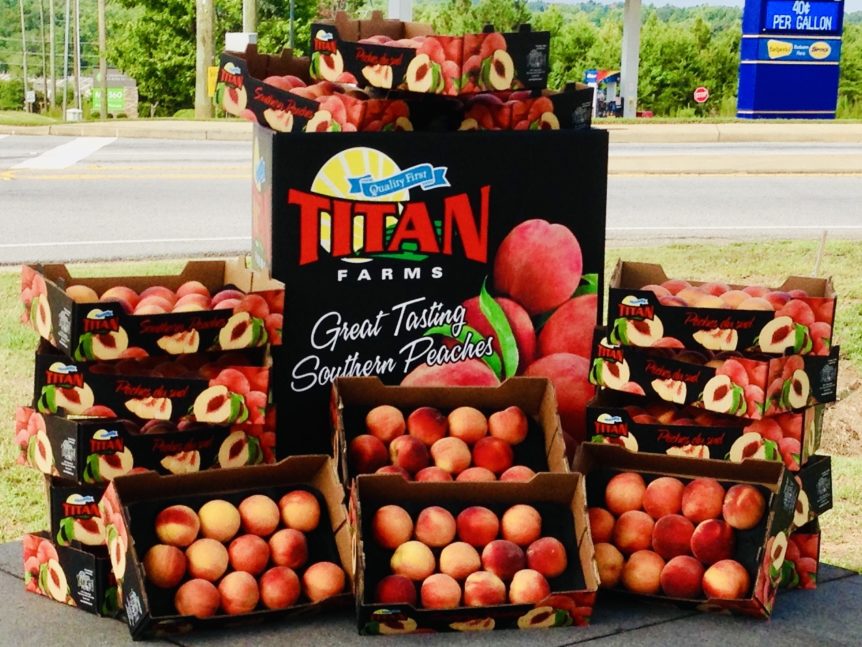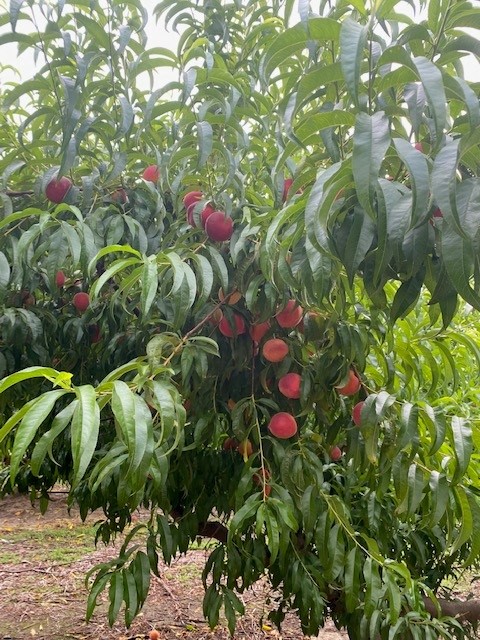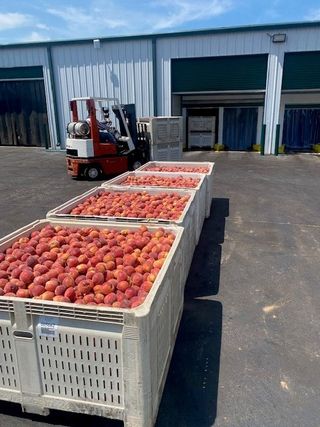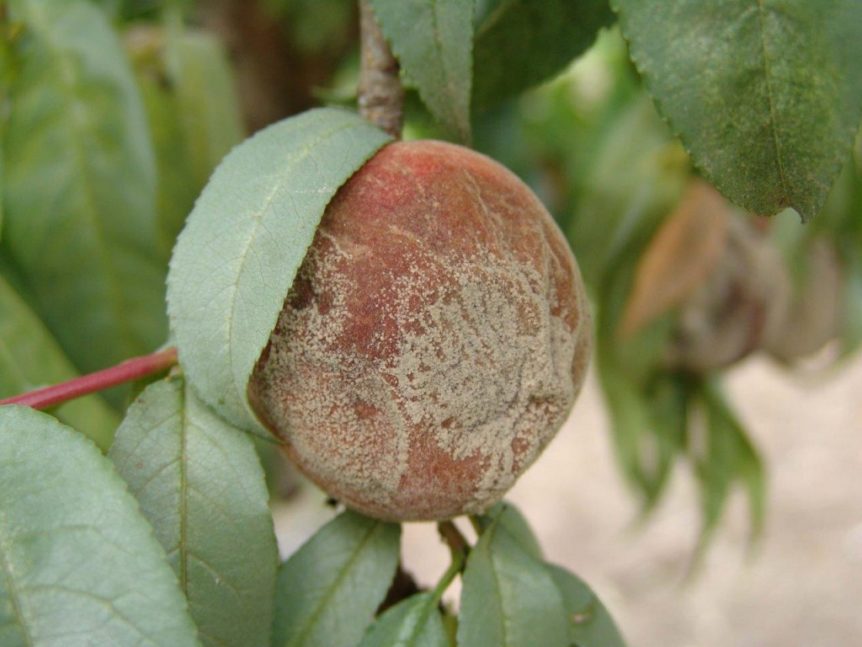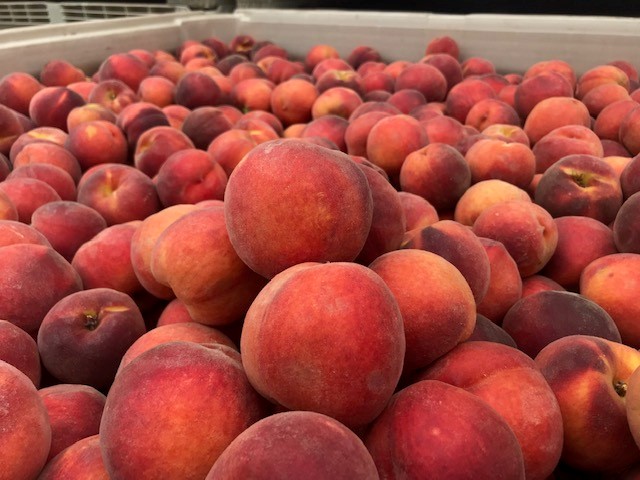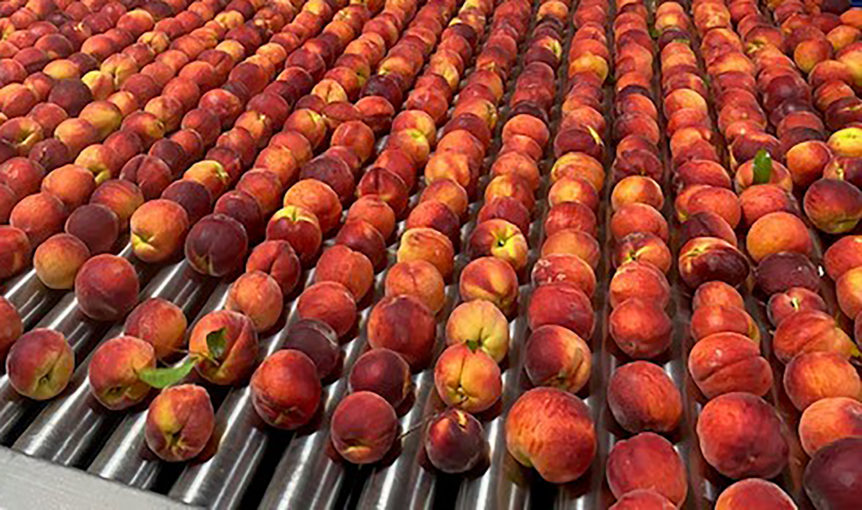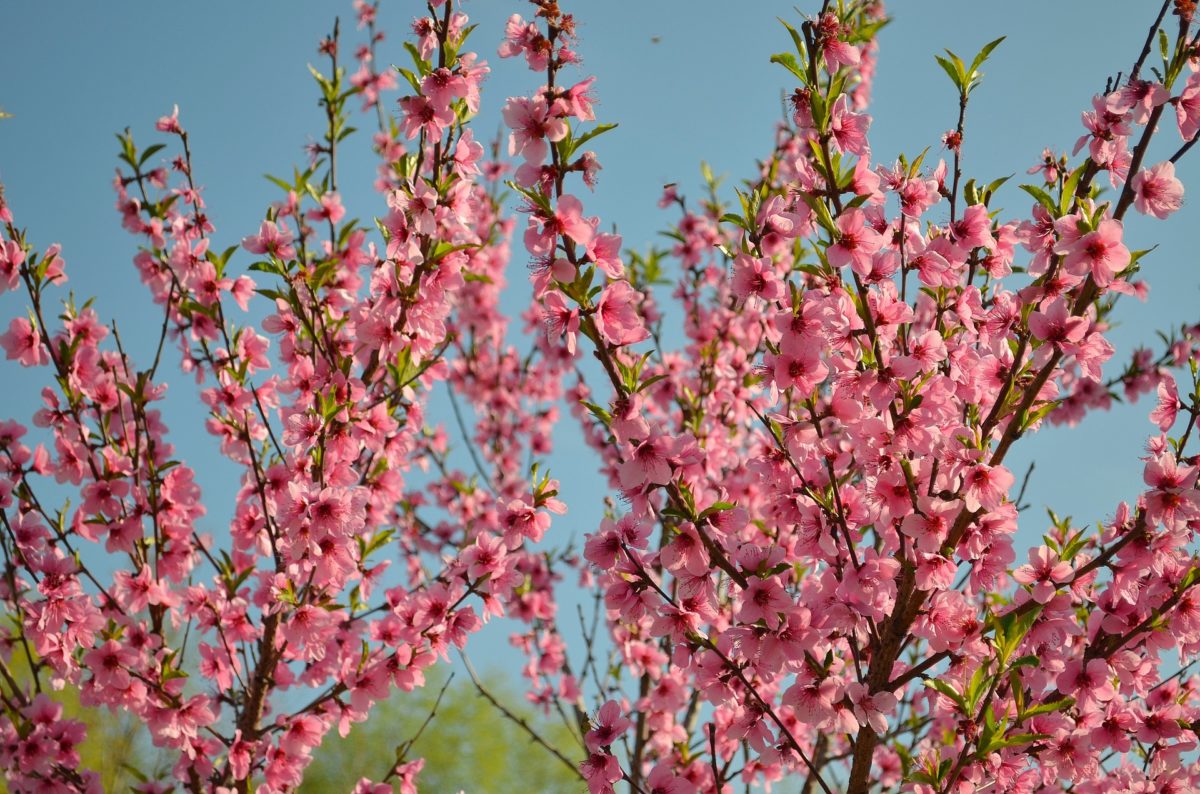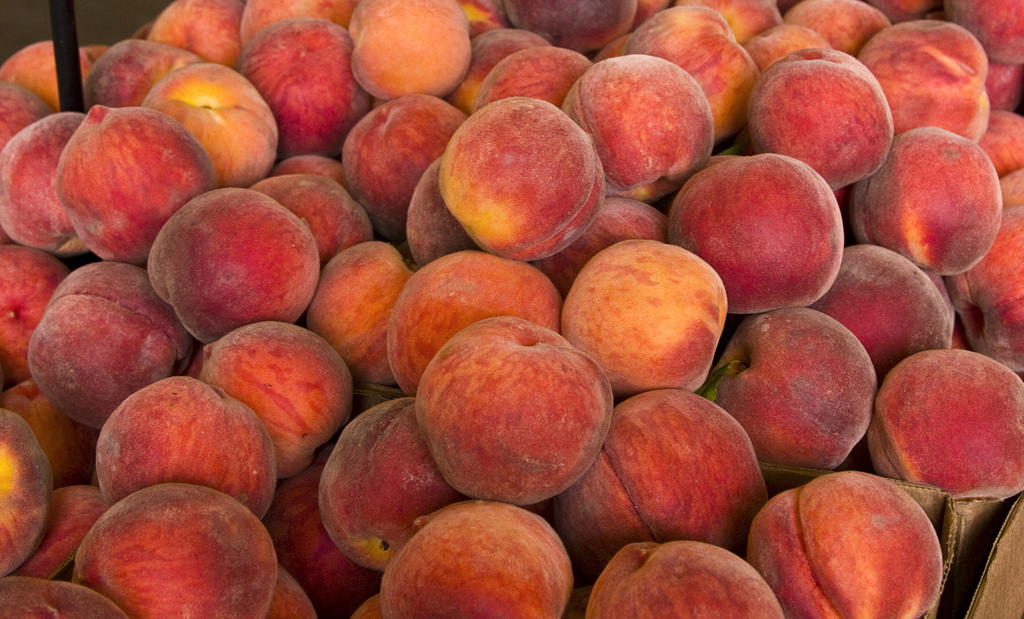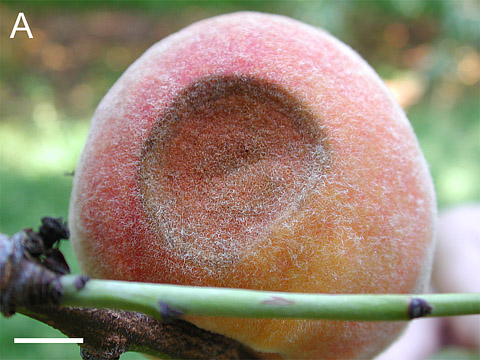By Clint Thompson No matter what state you are located in throughout the Southeast, if you are a peach producer, you are in dire need of a rebound season in 2024. Peach production was at such historical lows in 2023 that growers don’t just need production to return to normal this year; they need a bumper crop. “It always hurts …
Peaches in Florida: Low Chill Hours Makes Production Challenging
By Clint Thompson Chill hours in Florida have been extremely low in recent years. It makes producing peaches, even those requiring minimal chill hours, challenging, if not impossible. Ali Sarkhosh, University of Florida Institute of Food and Agricultural Sciences (UF/IFAS) assistant professor in horticultural sciences, spoke about peach production in Florida at the recent Southeast Regional Fruit and Vegetable Conference …
Nematode Management Vital for Peach Production
By Clint Thompson Nematode management is essential for peach production in the Southeast. According to Phil Brannen, University of Georgia Cooperative Extension fruit disease specialist, if growers do not control the microscopic pests, it can have severe repercussions for future seasons. “You’ve got to take them into account. If you don’t take nematodes into account, there are several things that …
Peach Production: Fungicide Preservation Key in Brown Rot Management
By Clint Thompson Fungicide preservation is the key for peach producers in managing brown rot disease long term. DMI fungicides have already been compromised to some extent. Growers need to ensure other fungicide classes don’t fall victim as well, says Phil Brannen, University of Georgia Cooperative Extension fruit disease specialist. “The bottom line is we’ve got some new products coming …
Georgia Peach Producer: Quality of Chill Hours Has Been Good
By Clint Thompson This year’s Georgia peach crop is off to a strong start with regards to chill hours. How the early months of spring will affect this year’s crop remains to be seen, however, says peach producer Lee Dickey. “I think we’ve had a cool fall in our area and started to accumulate a good amount of chill, and …
Chill Hours Increasing for Peach Producers
By Clint Thompson Chill hours are looking strong for peach trees in the Southeast. That optimistic outlook should continue over the next month, according to Jeff Cook, University of Georgia Cooperative Extension agriculture and natural resources agent for Peach and Taylor counties. “I looked at chill hours (early December) and especially what’s projected through February, it looks good,” Cook said. …
Chilling Effect: Rapid Temperature Drop’s Impact on Peach Trees
By Clint Thompson The lack of acclimation period between warm and extreme cold temperatures could detrimentally impact peach trees in the Southeast. Instead of temperatures gradually dropping over a period of time, they can drop rapidly over a period of just a couple of days. Last week was a perfect example. According to the University of Georgia (UGA) Weather Network, …
Looking Ahead: Peach Producers Eyeing Rebound in 2024
By Clint Thompson A couple of months have gone by since peach season concluded in Georgia. It is still difficult for farmer Drew Echols not to think about what might have been with his crop. “Hardly a day goes by that me and my dad or me and Lee Dickey or somebody doesn’t talk about, ‘What if?’ Yesterday me and …
Anthracnose Disease a Growing Concern for Peach Producers
By Clint Thompson Anthracnose disease is on the rise in peaches in the Southeast. University of Georgia researchers are determined to find out why. Phil Brannen, University of Georgia Cooperative Extension fruit disease specialist, is wary that fungicide resistance is a culprit as to why disease instances have increased in recent years. “I fear, and it’s something we need to …
Peach Producers Beware: Disease Spray Applications a Must Next Year
By Clint Thompson The lack of fungicide applications for peach diseases last season means growers should be mindful of sprays heading into next spring. Once the freeze events in March wiped out most of Georgia’s crop, it also stopped many producers from applying their normal fungicide sprays. But they should be ready to combat potential disease buildup next spring, according …










